Kenneth David Kaunda, the late former president of Zambia, remains an emblematic figure in the post-independence era of Africa. His legacy as a humane and visionary leader continues to inspire generations. Kaunda’s significant role as a leader of the frontline states in the struggle against colonialism, particularly in supporting neighboring countries’ liberation movements, solidified his place in history.
Kenneth David Kaunda was Born on April 28, 1924, in what was then Northern Rhodesia, Kaunda grew up amidst colonial rule. His early years were marked by a passion for football and music, alongside his dedication to education, following in his parents’ footsteps. However, it was his entry into politics that defined Kaunda’s destiny.
Amidst the backdrop of colonial oppression and the formation of the Central African Federation (CAF), Kaunda emerged as a staunch opponent, advocating for the independence of Northern Rhodesia, which would later become Zambia. The creation of the CAF, comprising Southern Rhodesia (now Zimbabwe), Northern Rhodesia (Zambia), and Nyasaland (Malawi), fueled tensions among the African population, resisting domination by the white minority.
Kaunda’s leadership journey began with his involvement in the Northern Rhodesian African National Congress (ANC), where he quickly rose through the ranks. His opposition to the CAF and dedication to African independence culminated in his imprisonment in 1959 for holding an illegal meeting. Despite setbacks, Kaunda’s resilience only strengthened his resolve.
Upon his release, Kaunda founded the United National Independence Party (UNIP), signaling a new chapter in Zambia’s quest for self-governance. Through relentless civil disobedience and political maneuvering, Kaunda navigated Zambia towards independence. In 1964, Zambia emerged as a sovereign nation, with Kaunda assuming the role of its first president, a position he held for 27 years.
Kaunda’s presidency was marked by both triumphs and challenges. He stood as a beacon of hope for African liberation movements, offering unwavering support to neighboring countries’ struggles against colonial and apartheid regimes. His solidarity with icons like Nelson Mandela and commitment to the anti-apartheid cause earned him global acclaim.
However, Kaunda’s leadership was not without flaws. Economic downturns and political discontent marred his later years in office. The decline of copper prices, Zambia’s primary export, coupled with internal strife, strained Kaunda’s administration. His decision to declare Zambia a one-party state in 1973 stirred controversy and drew criticism both domestically and internationally.
Despite facing opposition and enduring personal hardships, including periods of house arrest and political marginalization, Kaunda remained dedicated to his vision of a united and prosperous Zambia. His efforts to mitigate tribal tensions and promote national cohesion laid the foundation for Zambia’s stability.
Beyond politics, Kaunda’s legacy extends to his advocacy for HIV/AIDS awareness. Following the loss of his son to the disease, Kaunda became a vocal advocate for HIV testing and prevention, utilizing his influence to combat the epidemic.
In his final years, Kaunda’s stature as a statesman and elder statesman remained undiminished. His passing in June 2021 marked the end of an era, yet his spirit lives on in the hearts of Zambians and Africans alike. Kenneth Kaunda may have departed, but his legacy as a champion of African unity and liberation endures.
In retrospect, Kenneth David Kaunda’s life exemplifies the complexities of leadership, the resilience of the human spirit, and the enduring quest for freedom. As we commemorate his contributions, let us reflect on his enduring impact and strive to uphold his vision of a better, more equitable Africa.
In conclusion, Kenneth Kaunda’s life is a testament to the power of conviction and the pursuit of justice. As we honor his memory, let us draw inspiration from his legacy and continue the journey towards a more just and unified Africa.
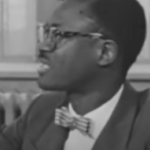
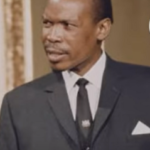
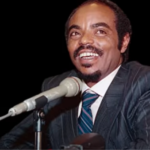

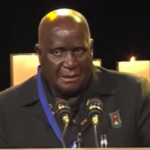
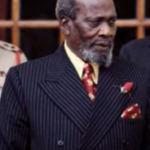
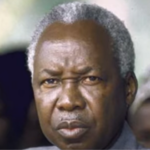
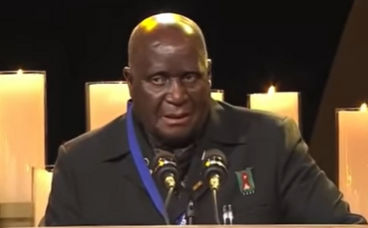
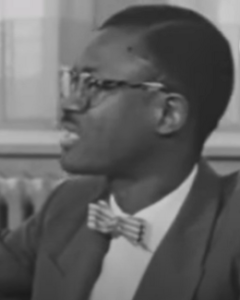
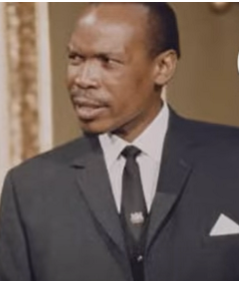
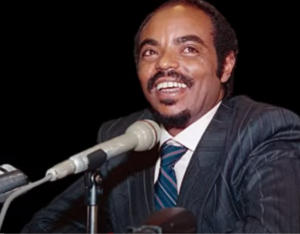
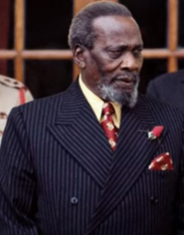

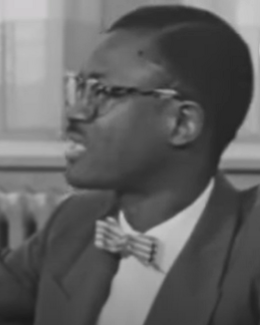
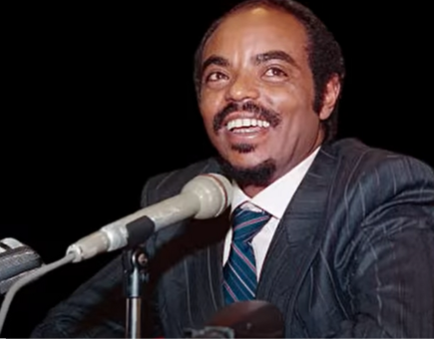

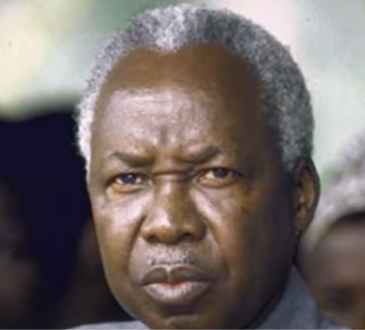
+ There are no comments
Add yours